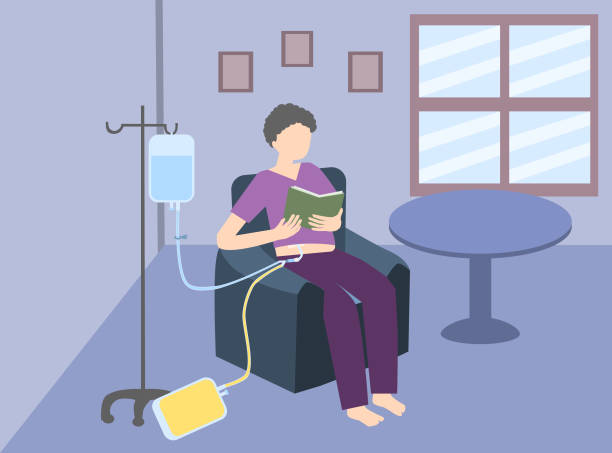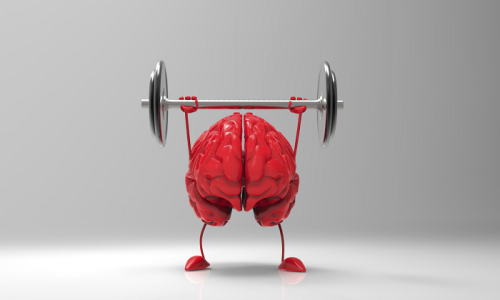
When your kidneys do not work well, and they fail to excrete out waste from your body, you need to get dialysis done frequently. You can not survive without it. And it serves as a life-saving procedure for you. If you do not get it done at the right time, it can become life-threatening. Therefore make sure you attend all dialysis appointments.
Often people tend to miss their dialysis appointments because they feel so weak and low afterward. Moreover, its side effects become hard to tolerate. But always keep in mind that if you do not get it done on time, as your healthcare provider has advised, it can become life-threatening for you, and you can not survive without it.
In peritoneal dialysis, your peritoneal cavity helps filter blood by inserting a fluid into it. The healthcare providers perform an incision and insert a catheter into your abdominal cavity. A dialysate is inserted into the cavity that helps absorb the waste from your blood.
If you have kidney disease, you need to visit the healthcare provider frequently. Make sure you attend all the follow-up visits with your doctor and follow all their advice. To get an expert opinion, you can visit the Best Nephrologist in Karachi.
There are two types of dialysis, hemodialysis, and peritoneal dialysis. Peritoneal dialysis is less common compared to the other one. For that, you do not need to go to the hospital. You can perform it in your home.
Here in this article, we will tell you the side effects of peritoneal dialysis.
What Are The Side Effects Of Peritoneal Dialysis?
The common side effects of peritoneal dialysis are;
Peritonitis
With peritoneal dialysis, there are increased chances of peritonitis- inflammation, and infection of the peritoneal cavity. Bacteria may enter your peritoneal cavity through the catheter. If you have any symptoms of peritonitis, such as abdominal pain, tenderness, nausea, vomiting, and diarrhea, you should inform your healthcare provider about it.
Peritonitis, if left untreated, can become life-threatening. Therefore you should not take its symptoms lightly.
Hernia
A hernia is a condition in which a fatty tissue or an organ protrudes into the abdominal cavity. People undergoing peritoneal dialysis are at increased risk of a hernia because the fluid puts pressure on the abdominal cavity. The most common symptom of a hernia is a small abdominal lump.
High Blood Sugar
High blood sugar or hypoglycemia is a condition in which your blood sugar levels get too high. The dialysate solution for peritoneal dialysis contains dextrose. Therefore it can lead to hyperglycemia, especially in people with diabetes.
Hyperglycemia can be a life-threatening condition. Therefore if you have diabetes, you should tell your healthcare provider before getting peritoneal dialysis.
High Potassium Levels
High blood potassium or hyperkalemia is a condition in which your potassium levels get too high. It happens because of improper filtration. Your kidneys perform filtration. But when they do not work well, electrolyte imbalance can occur.
High blood potassium levels can be a life-threatening condition, affecting your heart rhythm. Therefore if your potassium levels are above or below normal, report to the healthcare provider as soon as possible.
Increased Risk Of Infection
With hemodialysis, there is an increased risk of infection. It happens because due to the catheter, the bacteria can directly enter your body. The infection can even become life-threatening, leading to sepsis. Therefore if you have any symptoms of peritonitis, or peritoneal infection, such as fever or pain in the abdomen, consult with the healthcare provider soon.
Weight Gain
Peritoneal dialysis can lead to weight gain because its dialysate is rich in dextrose sugar. However, other factors also play a role in causing weight gain.
The Bottom Line
You can perform peritoneal dialysis at home. But you need to learn it. Therefore get information about it from an expert before doing it for the first time. Moreover, before starting the procedure, monitor your weight and blood pressure.
If you have kidney disease, you must attend all the visits with the healthcare provider. To get an expert opinion, you can consult with Dr. Aizaz Mand Ahmad.




